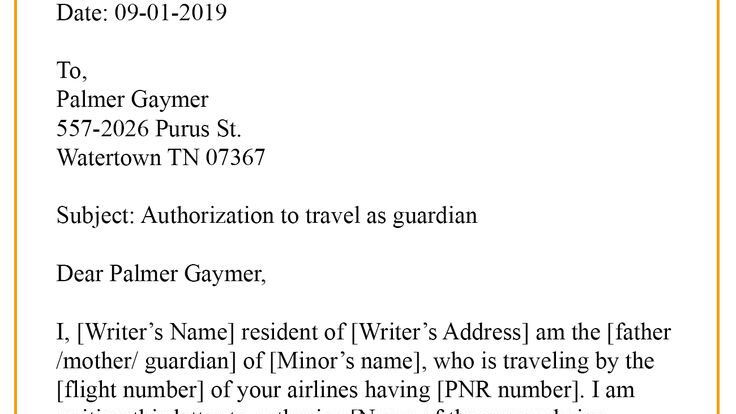
Can a Cop Pull You Over Out of Their Jurisdiction?
When you’re driving down the road, seeing those flashing lights behind you can cause a mix of panic and confusion. You start to wonder if you were speeding or if there’s a problem with your vehicle. But what if the police officer pulling you over is from a different jurisdiction? Can they legally stop you outside their jurisdiction? Let’s delve into the complexities of this issue and find out what the law says.
Understanding Police Jurisdiction
Before we explore whether a cop can pull you over outside their jurisdiction, it’s crucial to understand the concept of police jurisdiction. Each law enforcement agency, whether it’s city police, county sheriff, or state troopers, typically has a defined area they are responsible for enforcing the law. This is known as their jurisdiction.
The jurisdiction a police officer has determines their authority to carry out their duties within a specific geographical area. For example, a city police officer may have jurisdiction within the city limits, while a state trooper may have jurisdiction across the entire state.
The General Rule: Jurisdiction Limitations
The general rule is that a police officer can only enforce the law within their jurisdiction. This means that a city police officer cannot legally pull you over outside their city limits, and a state trooper cannot pull you over outside their state. However, there are some exceptions to this rule.
Exceptions to the Jurisdiction Rule
While police officers are typically limited to their jurisdiction, there are situations where they have the authority to enforce the law outside their designated area.
1. Hot Pursuit
One of the exceptions to the jurisdiction rule is known as “hot pursuit.” If a police officer witnesses a crime or a traffic offense within their jurisdiction and the suspect flees into a different jurisdiction, the officer can continue the pursuit and make an arrest.
For example, if a city police officer sees a driver committing a hit-and-run offense within the city and the driver attempts to escape into a neighboring county, the officer can continue the pursuit and detain the suspect.
2. Mutual Aid Agreements
In certain cases, law enforcement agencies may have mutual aid agreements with neighboring jurisdictions. These agreements allow officers from one jurisdiction to assist officers in another jurisdiction when requested.
Under a mutual aid agreement, officers can fully exercise their authority and enforce the law within the requesting jurisdiction. This means that an officer from a different jurisdiction can pull you over outside their usual area if they are assisting the local police or if there’s a specific agreement in place.
3. Extra-Territorial Jurisdiction
Some law enforcement agencies, particularly state troopers, have what’s known as “extra-territorial jurisdiction.” This means they have limited authority to enforce certain laws outside their usual jurisdiction.
For example, state troopers may have the power to enforce traffic laws on interstate highways or major roadways that cross different jurisdictions. In this scenario, a state trooper can pull you over outside their usual territory and issue citations for violations.
Factors to Consider
While there are exceptions to the jurisdiction rule, it’s worth noting that not every instance of an out-of-jurisdiction stop is legal. Several factors come into play when determining the legality of such stops:
1. Reasonable Belief
A police officer must have a reasonable belief that a crime or traffic violation was committed before initiating a traffic stop. This applies regardless of jurisdiction. If an officer lacks reasonable suspicion, the stop may be considered unlawful.
2. State Laws and Policies
State laws and police department policies vary when it comes to out-of-jurisdiction stops. It’s essential to familiarize yourself with the specific laws and policies in your jurisdiction to know your rights and responsibilities.
3. Legal Challenges
If you believe you were unlawfully pulled over by an out-of-jurisdiction police officer, you have the right to challenge the stop in court. Legal challenges can question the officer’s authority, reasonable suspicion, or compliance with applicable laws and policies.
FAQs
- Can a cop from another state pull you over?
- Can an out-of-state cop give you a ticket?
- Can a cop pull you over if they are off duty?
- What should I do if I think I was unlawfully pulled over?
Generally, a police officer from another state cannot pull you over outside their jurisdiction. However, there are exceptions, such as hot pursuit or mutual aid agreements.
An out-of-state police officer typically does not have the authority to issue citations outside their jurisdiction. However, they can provide information to the appropriate local authorities, who may take further action.
Off-duty police officers generally do not have the authority to pull you over unless they witness a crime or traffic violation. However, this can vary depending on state laws and department policies.
If you believe you were unlawfully pulled over, it’s essential to stay calm and comply with the officer’s instructions. Note down any relevant details, such as the officer’s name and badge number, and consult with an attorney to explore your options.
Conclusion
The general rule is that a police officer cannot pull you over outside their jurisdiction. However, exceptions like hot pursuit, mutual aid agreements, and extra-territorial jurisdiction allow officers to enforce the law outside their usual area. Understanding your rights and the specific laws in your jurisdiction is crucial to handle situations involving out-of-jurisdiction stops appropriately. Remember, if you believe you were unlawfully pulled over, consult with an attorney to protect your rights.

Source Image: nationalpost.com

Source Image: clickorlando.com
Alarming number of speeders on local roads : Cayman News Service To put it simply, the answer is no, according to Montiero. But he also explains why the answer isn’t actually that simple.







